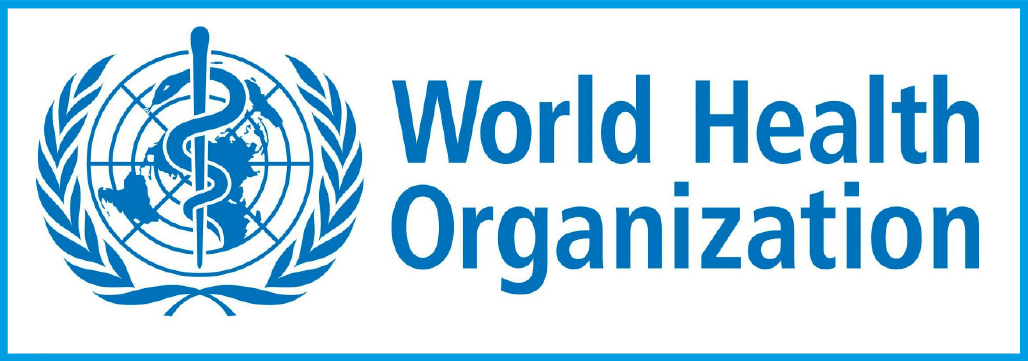


On behalf of:
Convener: Rory Moses McKeown
Since their introduction, sanitary inspections have become an important component of drinking-water quality surveillance and management programmes worldwide.
This simple field-based tool can support the identification and management of risks, and can be applied in lower to higher income settings to support the safe management of small drinking-water supplies. With the advent of water safety planning (WSP), the role of sanitary inspections has expanded to support key WSP activities including hazard identification and monitoring.
The importance of adapting template sanitary inspections to a local context is widely recognized, yet there exists limited practical guidance as to how sanitary inspection forms should be adapted, or how the effectiveness of adapted forms may be verified.
This event aims to explore this challenge, presenting applied research and practitioner experiences with sanitary inspection form adaptation in diverse contexts. Developments on the revision of the World Health Organization’s (WHO) 1997 sanitary inspections forms will be shared, and participants will have an opportunity to share their own experiences, and to provide insights in a live and interactive forum.
The outcomes from this session will support practitioners in the areas of drinking- water quality regulation, surveillance, and water supply management, as well as informing the broader development of the WHO’s Guidelines for small drinking- water supplies.